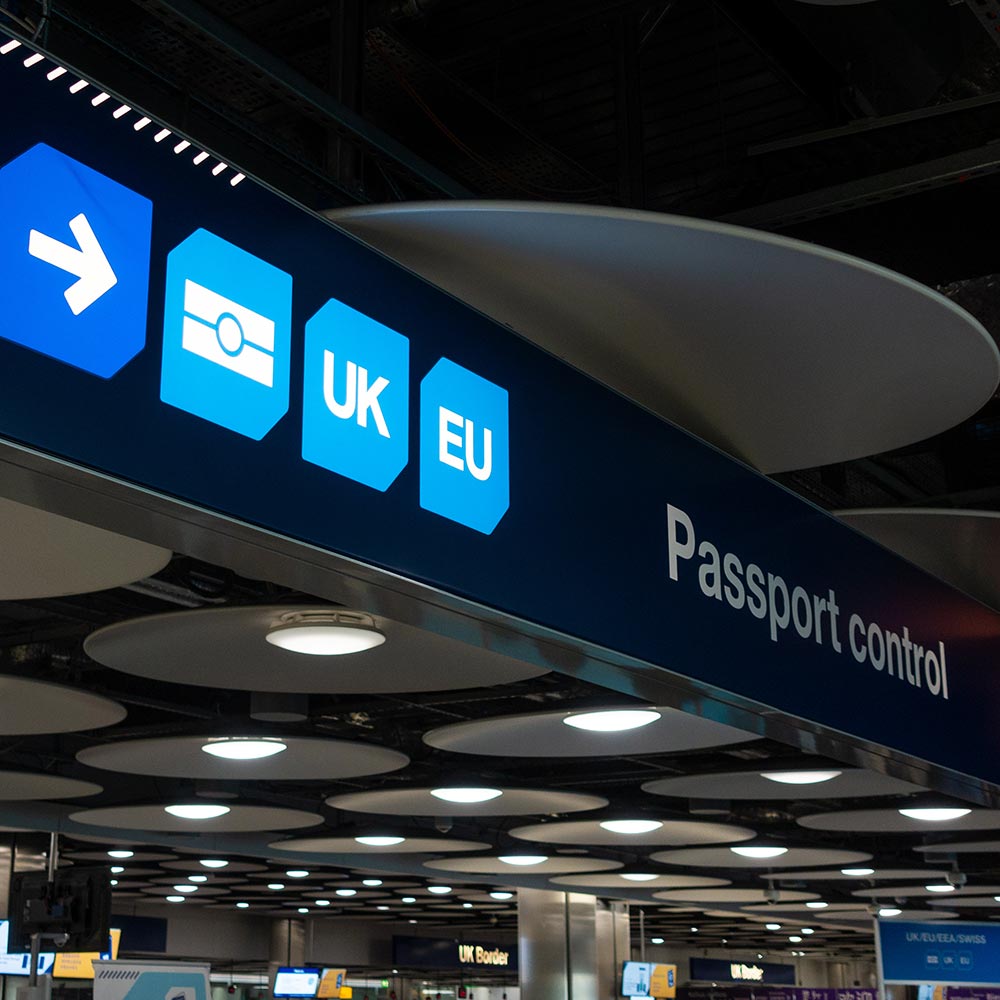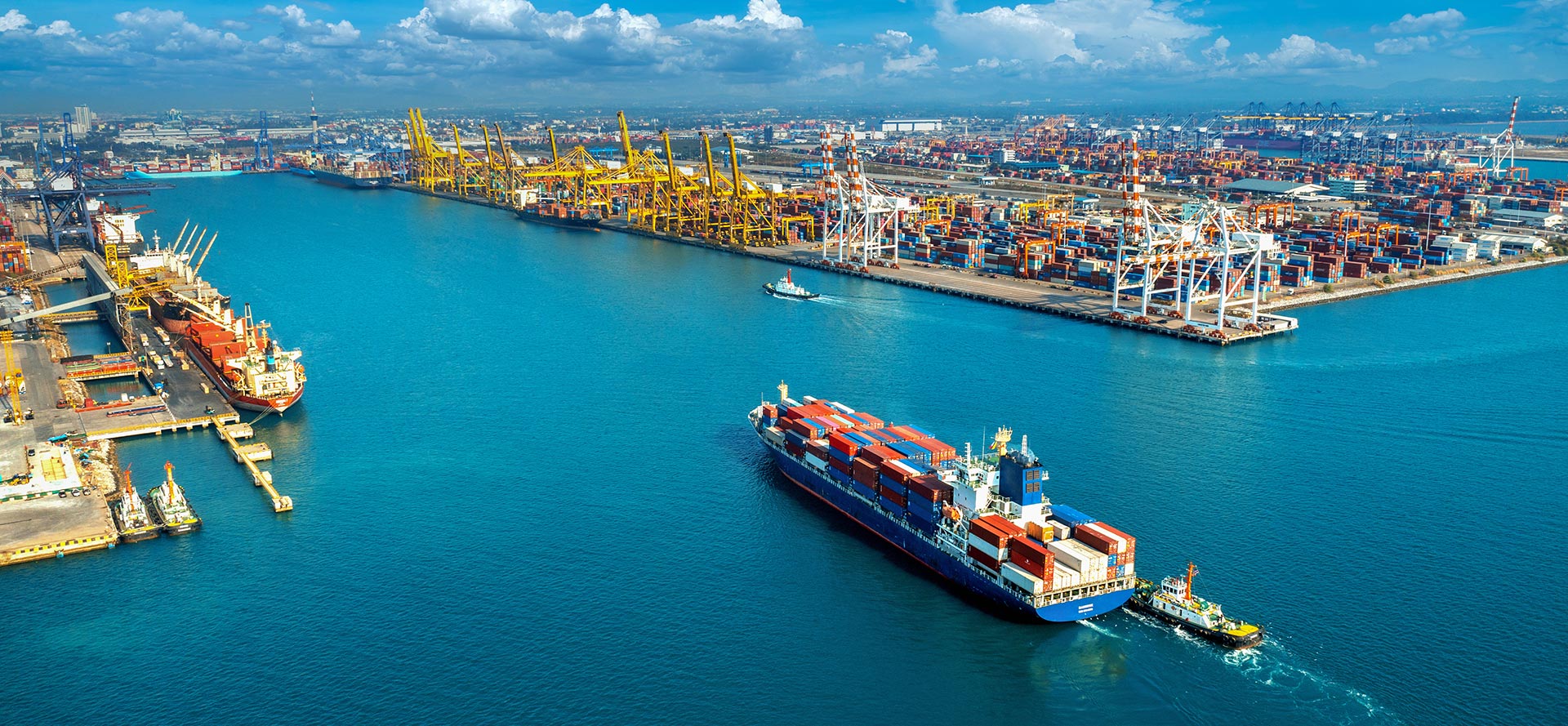Within this series, you will find a summary of the key events and challenges which are likely to impact your global mobility programme over the coming weeks and months.
You will also find guidance from K2 on how best to approach these challenges/mitigate their impact.
Shipping
USA:
The Port of Portland will close its container terminal at the end of 2024. This is not expected to impact household goods shipping as the port of Seattle is the major port used for this requirement, currently handling the majority volume of such shipments. Nevertheless, K2 will continue to monitor the situation. K2 Corporate Mobility is a Great Place To Work® with an NPS® of 80. Page 6
The potential impact on shipping resulting from the incident at the Port of Baltimore has been mitigated by the usage of nearby ports in New York, New Jersey and North Carolina. Additionally, alternative ports including Newark, Norfolk and Philadelphia have been utilised to serve greater Baltimore via road and rail when availability permits.
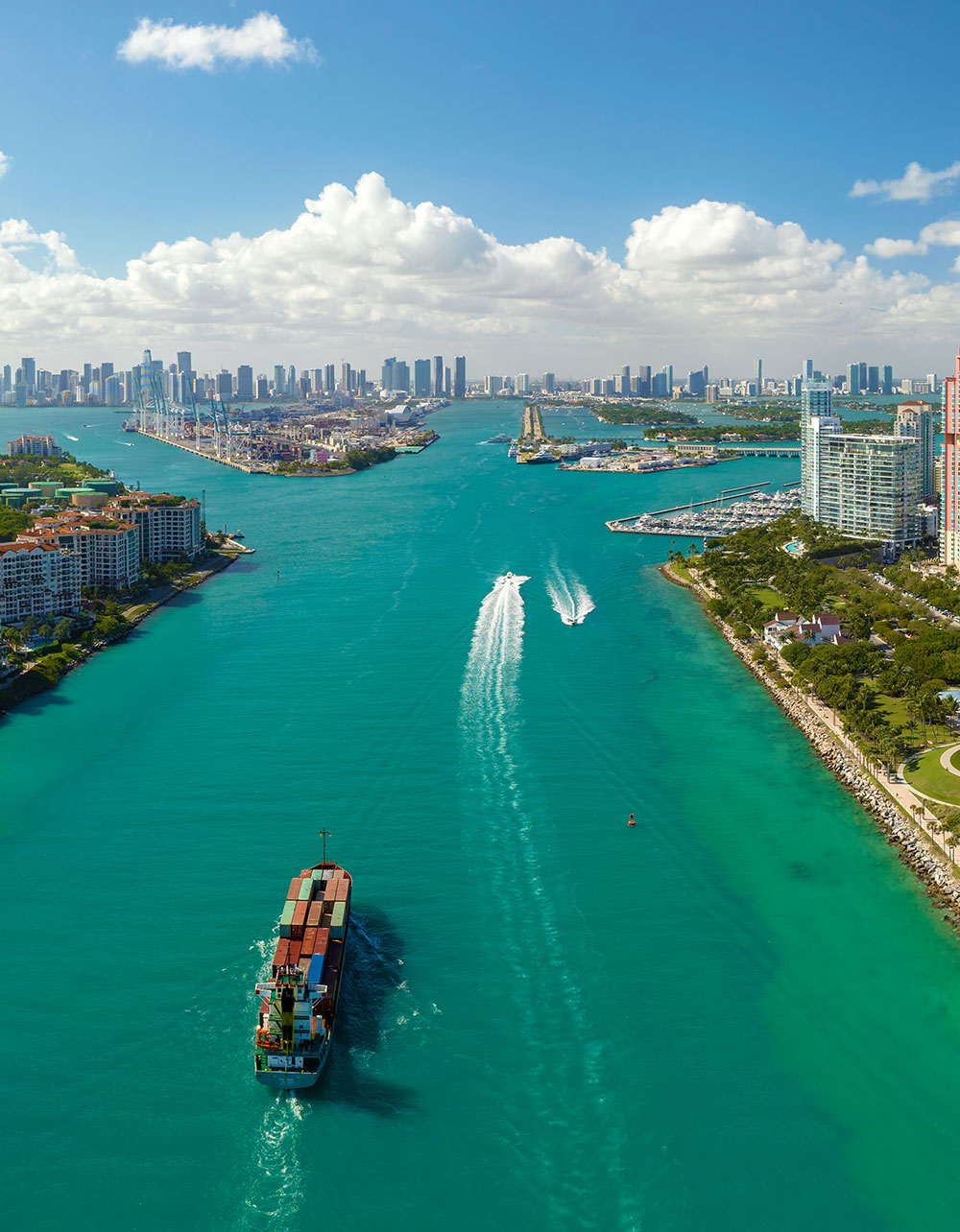
K2’s pet transportation partners have recently advised of changes to the requirements for dogs entering the US. Full details are not yet available, however, what is known is that from 1st August 2024, dogs entering or returning to the US must meet a new set of requirements depending on where they have been 6 months before their entry into the US and where they received their rabies vaccine (if required).
Comprehensive information and advice will be provided when released, until then, the advice received from transportation partners regarding dogs re-entering the country is as follows:
- Save a copy of the dog’s Export Health Certificate endorsed by the USDA
- Obtain a Certification of US-issued Rabies Vaccination completed by a USDA-accredited vet
This classifies the dog as ‘low risk’ meaning it will not require a TITER test to re-enter the country.
Jamaica:
In Jamaica and Trinidad & Tobago, the gradual increase in seasonal volume is causing port congestion.
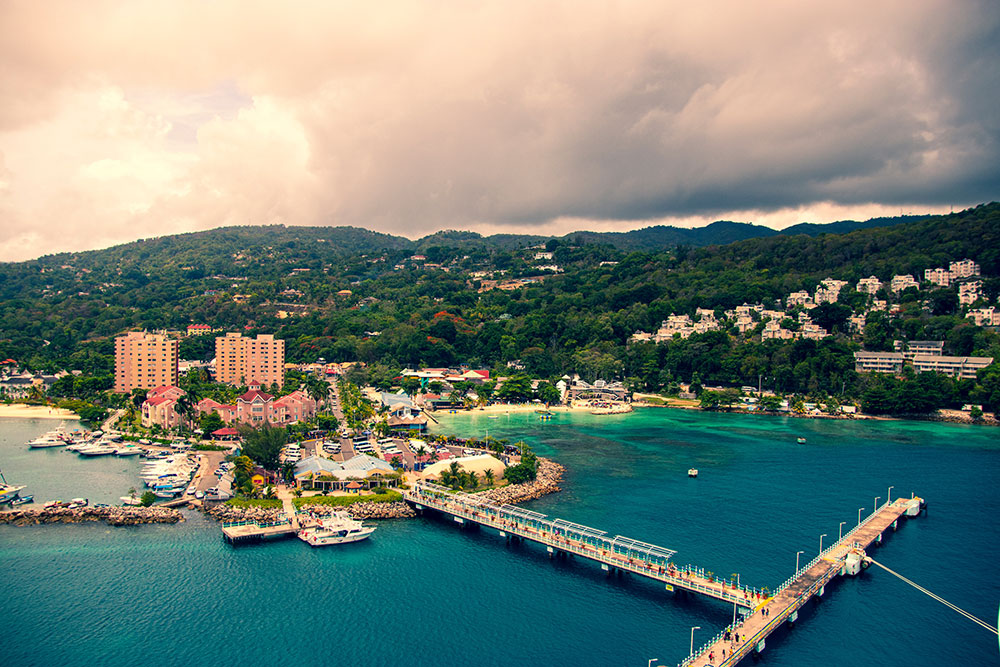
LATAM:
Torrential rain since the end of April has caused rising river levels in the Brazillian state of Rio Grande do Sol. This has resulted in the bursting of the banks of the Taquari and Cai rivers. Consequently, more than half a million residents have been displaced and large parts of the city, including the historic centre, remain underwater.
Flooding has also impacted Porto Alegre, causing the closure of the airport. Currently, no air or sea shipments can enter or leave the city. This is causing a knock-on impact on the nearby ports in Sao Paulo and Rio de Janeiro which are now receiving re-routed shipments destined for Porto Alegre. This increased volume is causing significant congestion. K2 Corporate Mobility is a Great Place To Work® with an NPS® of 80. Page 7
Throughout LATAM, the start of hurricane season in June poses a risk of shipping delays. Rough waters can extend transit times and, in some cases, require vessels to be re-routed, resulting in missed port stops.

APAC:
There has been a sudden increase in demand for ocean freight on routes out of the Far East to Europe and the USA: this is currently affecting shipments out of Singapore, China and Malaysia. Inevitably, limited supply has resulted in cost increases. There is the potential for further costs to be incurred if port storage or other storage charges are levied whilst companies wait for available freight services.
China is beginning to experience a shortage in the availability of shipping containers and a corresponding increase in freight rates as we approach the busy summer period. Increased transit times due to the situation in the Red Sea have led to containers not being returned to China quickly enough to meet the export demand, which has been swelled by an increase in demand from the automobile sector. The lack of availability is leading to some delays, especially on routes to Europe and South America.. Freight rates are currently only valid for two weeks due to the volatility of the pricing being supplied by shipping lines.
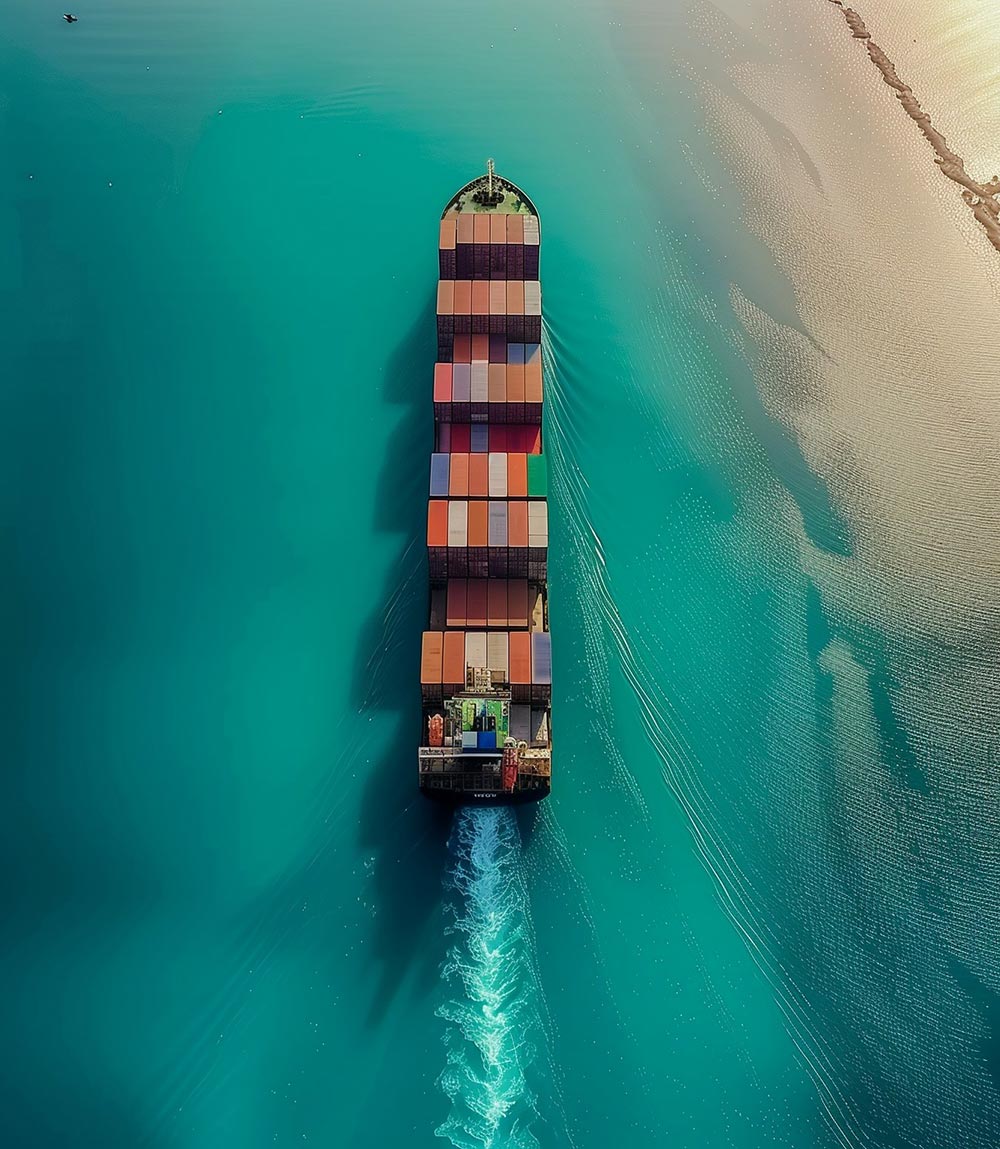
Europe:
With over 30% of the global trade transiting through the Suez Canal, the Red Sea shipping crisis continues to disrupt supply chains. To safeguard vessels, crews and cargo, shipping lines are rerouting around the Cape of Good Hope for the foreseeable future. However, the risk zone has now expanded, and attacks are reaching further offshore. Unfortunately, this has forced vessels to lengthen their journey further, resulting in additional time and costs to get cargo to its destination.
The situation is also impacting shipping costs, particularly from Asia to Europe – K2 are monitoring this closely.

South Africa:
All dry containers transported by sea to South Africa are now subject to a Port Congestion Charge (CGS), which was enforced at the end of 2023. There was a slight variation in the timing of when different shipping lines began passing this charge on to their customers, as well as in the amounts charged. On average, this has resulted in an increase of $200 to $250 for a 20-foot container and $400 to $500 for a 40-foot container.
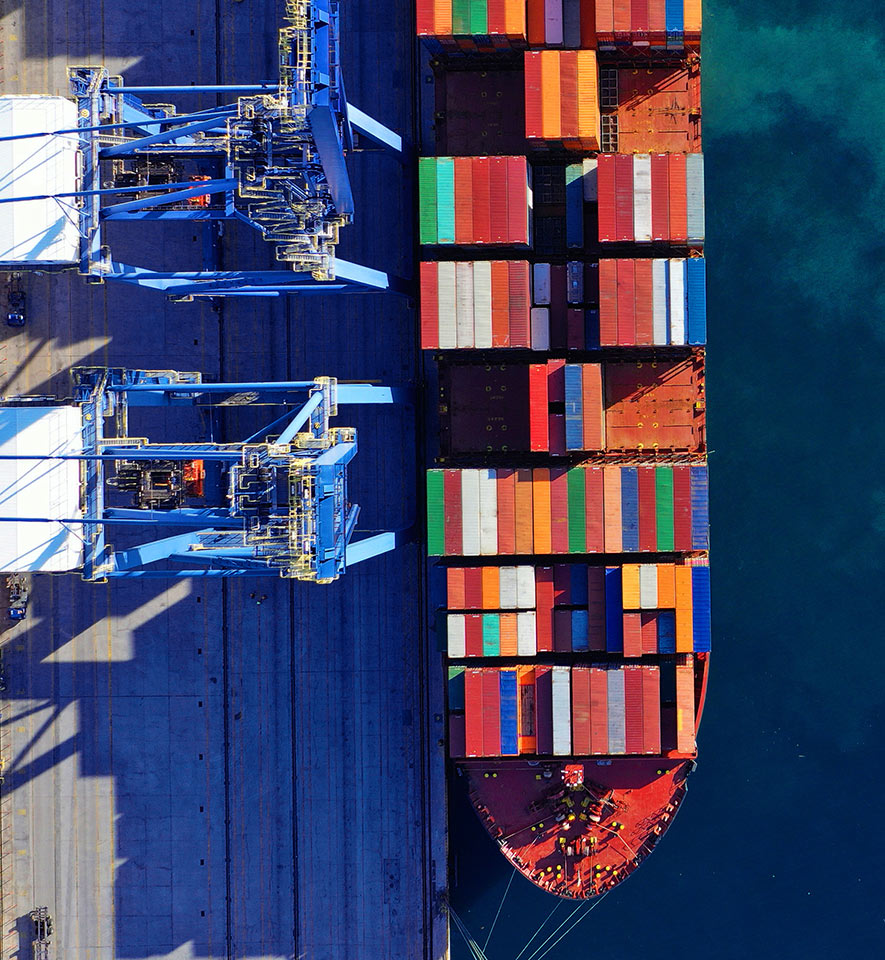
Immigration
UK:
A new digital immigration system, developed by UK Visas and Immigration (UKVI), will come into full effect from 1st January 2025. This will allow the Home Office to replace physical Biometric Residence Permit (BRP) documents with an eVisa: an online record of immigration status. All those holding a visa with a BRP card will be required to transfer to this new system by 31st December 2024. It is advisable for qualifying assignees to transfer to an eVisa as soon as possible.
